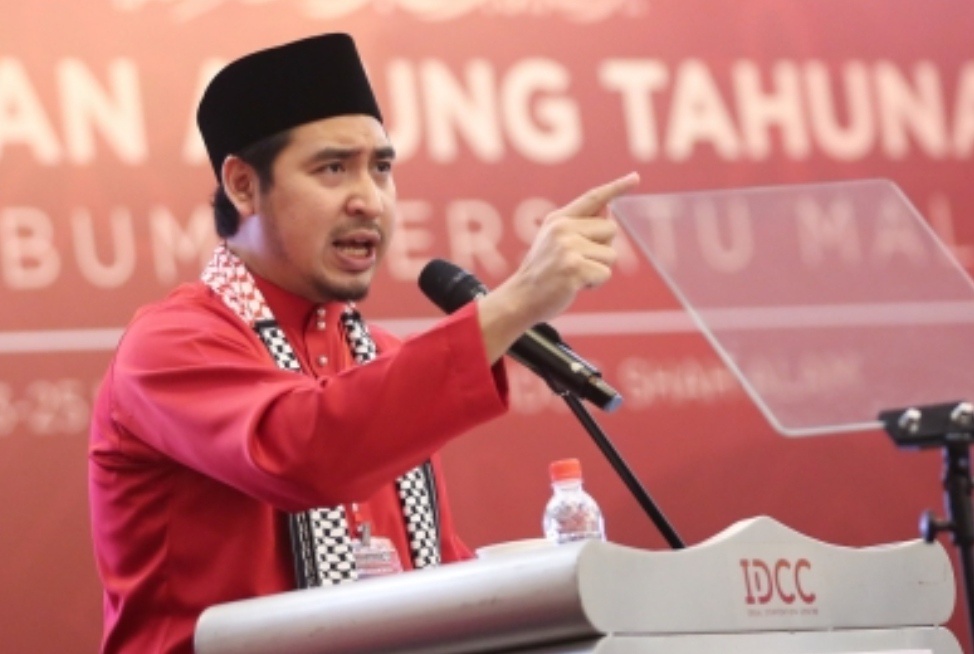"No Results, No Loyalty!" Non-Malays Warn Anwar: Bersatu Youth Chief's Stark Message

felixwrite
Reputable writer, zero tolerance for plagiarism

Image credit: Malay Mail
Bersatu Youth chief Wan Ahmad Fayhsal Wan Ahmad Kamal expressed his concern regarding the support of non-Malay voters for Prime Minister Anwar Ibrahim if the government fails to address their bread-and-butter issues. Speaking at a press conference during Bersatu's general assembly, Wan Fayhsal highlighted the pragmatic nature of non-Malay voters, emphasizing their focus on livelihoods and the economy.
According to Wan Fayhsal, if the government fails to deliver on these issues, it is not improbable that traditional supporters of Pakatan Harapan, particularly Chinese voters, may consider lending their support to Perikatan Nasional. He emphasized the importance of tangible results rather than mere rhetoric in winning over voters. The concerns raised by Wan Fayhsal are supported by recent survey results from research house Merdeka Center.
The approval rating of Prime Minister Anwar has dropped from 68% in December to 50%, while dissatisfaction with the state of the economy has risen from 19% to 43%. These numbers indicate a growing dissatisfaction among voters, reinforcing the need for the government to address economic concerns and improve livelihoods. In regards to the Court of Appeal's ruling on the use of Mandarin or Tamil in vernacular schools, Wan Fayhsal stated that Bersatu respects the decision. However, he expressed the party's desire to see more "national elements" infused into the syllabus of these schools.
He criticized the use of imported syllabi from Taiwan or China, suggesting that a greater emphasis on national unity and nation-building within the curriculum would be more appropriate. The recent unanimous decision by the Court of Appeal dismissed an appeal by four Malay-Muslim interest groups seeking to declare the use of Mandarin or Tamil in vernacular schools as unconstitutional.
The court recognized the long-standing existence of vernacular schools within the legislative framework of the education system, even predating Malaysia's independence and the formation of the 1957 constitution. In conclusion, Wan Fayhsal's concerns about non-Malay voter support and the survey results indicating a decline in approval ratings and growing economic dissatisfaction highlight the importance of the government addressing bread-and-butter issues.
Additionally, his remarks regarding vernacular schools express Bersatu's desire for a nationalistic approach to education while respecting the court's ruling on their constitutional validity. The government's ability to deliver on the concerns of all voters, regardless of ethnicity, will be crucial in maintaining their support and ensuring the nation's progress.
No comments:
Post a Comment